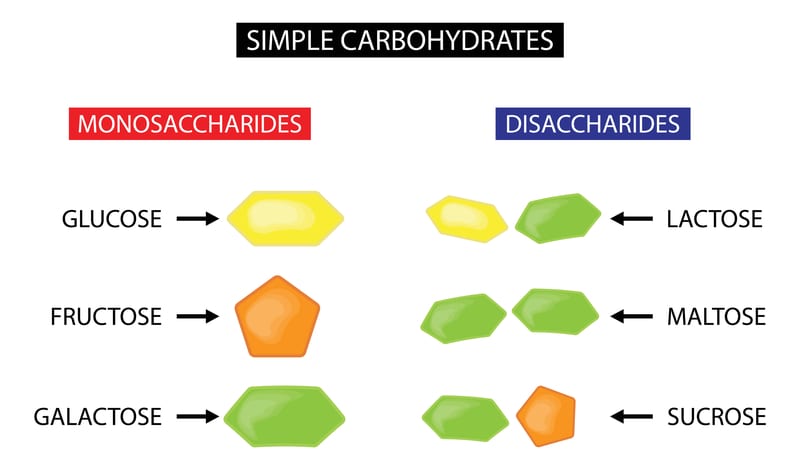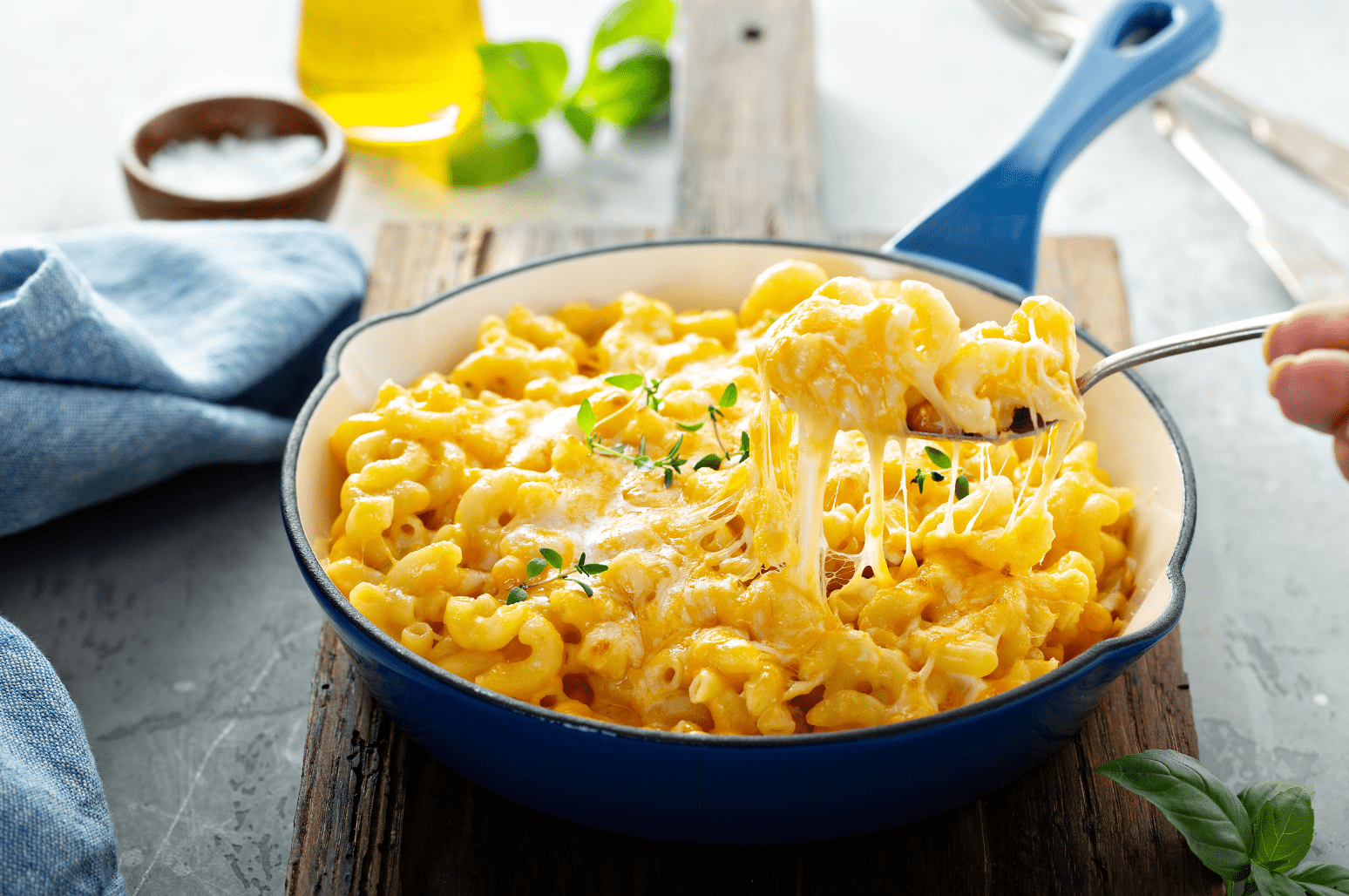Carbs in Cheese: What’s the Most Keto-Friendly Cheese?

You’ve got to admit, being able to eat cheese on a diet sold you on keto, right? Most diets restrict cheese consumption; however, cheese is often considered a staple on the ketogenic diet. Since keto is a high-fat, low-carb diet, cheese seems to fit in perfectly with the keto diet’s macronutrient ratios. But, how many carbs are in cheese? What’s the most keto-friendly cheese?
Lactose in Cheese
Before diving into the nutritional information of cheese, it should be noted that yet, cheese does contain lactose. However, cheese is lower in lactose than other dairy products, like milk.
The cheeses with the lowest amount of lactose (from least to most) include
- Munster
- Camembert
- Brie
- Provolone cheese
- Cheddar cheese
- Gouda
- Blue cheese
- Parmesan cheese
- Swiss cheese
This, of course, only includes naturally low-lactose cheeses, not those created and filtered to be lactose-free.
You may be wondering why it matters how much lactose is in cheese and it’s not just because of lactose intolerance. Yes, that’s important for those who do not produce sufficient lactase (the enzyme that breaks down lactose) and thus have an intolerance, but lactose content is actually directly correlated with the grams of carbs in cheese.
Lactose is a disaccharide. A disaccharide is a sugar molecule made from two monosaccharides (a single sugar molecule). Lactose is made from glucose and galactose.
That means when lactose is broken down, glucose is produced. Choosing a cheese lower in lactose means choosing a cheese lower in carbs.

Carbs in Cheese
There are so many different types of cheese so we won’t be able to go over the nutrition facts of every single one, but here are the calories, fat, protein, and carb count in a 1 oz serving of some of the most commonly consumed cheeses: [1]
- Blue cheese: 50 calories, 0.5g carbs, 4g fat, 3g protein
- Brie: 95 calories, 0.1g carbs, 7.8g fat, 5.9g protein
- Cheddar cheese: 55 calories, 0.5g carbs, 4.5g fat, 3.9g protein
- Cream cheese: 100 calories, 1g carbs, 10g fat, 2g protein
- Cottage cheese: 20 calories, 1.5g carbs, 0.4g fat, 3g protein
- Feta cheese: 70 calories, 2g carbs, 4g fat, 6g protein
- Goat cheese: 80 calories, 2g carbs, 6g fat, 4g protein
- Gouda: 100 calories, 0.6g carbs, 7.8g fat, 7.1g protein
- Manchego: 120 calories, 2g carbs, 10g fat, 7g protein
- Mozzarella: 70 calories, 1g carbs, 5g fat, 5g protein
- Munster: 100 calories, 0.3g carbs, 8.4g fat, 6.6g protein
- Provolone: 80 calories, 1g carbs, 6g fat, 5g protein
- Swiss cheese: 108 calories, 1.5g carbs, 7.9g fat, 7.6
What’s the Most Keto-Friendly Cheese?
Based on the carbs per ounce of various cheeses, you should reach for brie, blue cheese, gouda, and Munster when choosing a keto-friendly cheese. Swiss, Manchego, goat, feta, and cream cheese are higher in carbs; however, they only have around 2g of total carbs per serving so they should be able to fit into your keto diet.
Cottage cheese is higher in protein but is lower in fat and higher in net carbs than some other cheeses. You can definitely fit cottage cheese into your ketogenic diet as long as you select plain (unflavored) and full-fat versions.
Health Benefits of Cheese
In addition to cheese is packed full of healthy fats and protein, it is also rich in vitamin A, B12, zinc, sodium, and calcium.
Cheese is also rich in MCTs (medium-chain triglycerides), which are especially beneficial on a ketogenic diet.

Important Considerations When Eating Cheese on Keto
Obviously, if you have lactose intolerance or sensitivity to dairy, you should avoid consuming cheese on keto. Additionally, it should be noted that cheese is relatively high in fat, meaning it is higher in calories.
While looking at the grams of carbohydrates is important, you also need to pay attention to calories consumed. If your goal is weight loss, you need to be eating in a calorie deficit. It is easy to overconsume cheese and go over your total daily calories. Make sure to measure out the amount of cheese you plan to consume to make sure you don’t overeat.
Do You Eat Cheese On Keto?
Comment below and share your favorite cheese to enjoy on the ketogenic diet!
References
All nutrition facts from verified sources on MyFitnessPal.









